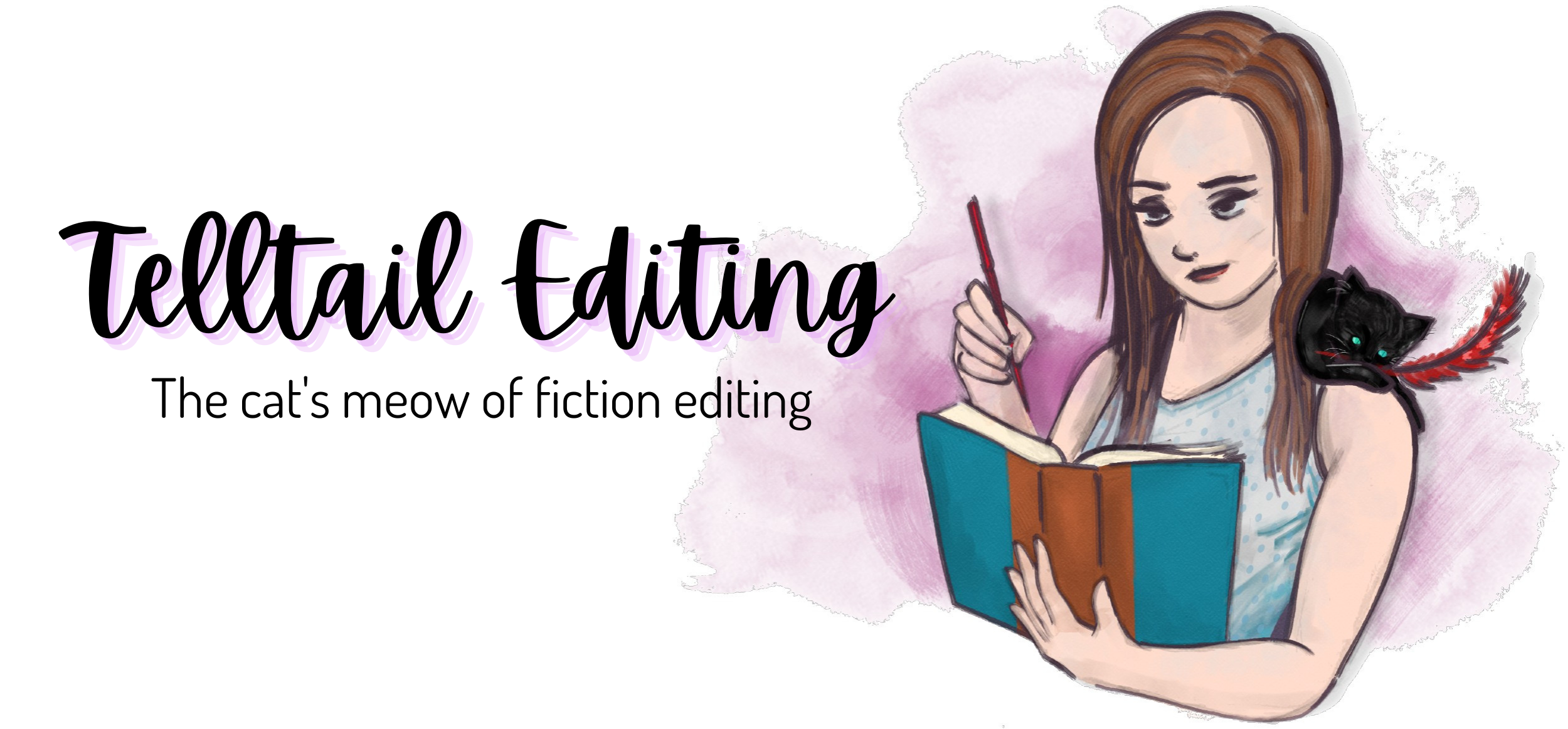
Write what you know. My first exposure to this idea was in college. I can’t tell you how many times we discussed it in my creative writing classes, and I loved every bit of it. When I first discussed it, I was a staunch believer that I didn’t write what I knew—I wrote outside the box, so to say.
Now that I’ve grown as a writer and an editor, my thoughts about that sentiment have morphed into a much deeper and truer understanding.
So, on the surface, writing what you know applies things you’ve experienced firsthand. I have never been out of the US, so I will never be able to write a scene set in Ireland the same way a native could. It’s just never going to happen, even with a thousand pictures and a whole book of information on Ireland.
Where I’m from, Appalachian fiction is a thing, detailing the life and culture of growing up and living in Appalachia. If you’re unfamiliar, Appalachia is defined by the Appalachian Mountains, technically from southern NY to northern Mississippi, with West Virginia—where I’m from—being the only state included in its entirety. I would argue that an outsider would have a difficult time capturing the true and vibrant spirit of Appalachian fiction. Let me tell you, growing up in Appalachia is a trip.
Since I picked up a pencil as a kid to write my first (cringe-worthy, horriblehorriblehorrible) story about vampires, I have always written paranormal romance. To my knowledge, I’ve never met a vampire or demon or angel. Hell, I don’t even know if I believe in angels and demons, but I love writing about them because I love the complexities of their characters.
Write what you know isn’t about only writing about what you’ve seen with your own eyes or tasted with your own lips. It isn’t about writing an autobiography disguised as fiction. It’s so much deeper than that.
Fiction, while obviously imaginary and not real, reflects reality. As a reader, writer, and editor, that resonates in my core as something profound. Sadness and anger and love and betrayal are all very real, and these are all things we’ve all experienced before in one way or another, which is one of the reasons why fiction is so compelling. It’s straight out of an author’s imagination, but it’s real, relatable, and raw.
The loneliness that comes after a hard break-up.
Feeling like a failure in your parents’ eyes.
Death of a loved one and the crushing grief that comes after.
How life can kick you when you’re down.
Yearning for something so bad you can taste it and feel it.
That is the true meaning of write what you know.
As writers, our imaginations are the most beautiful parts of ourselves. We should take advantage of every weird and crazy idea we have because honestly, if we only wrote what we experienced firsthand, things would get boring, even if we lived the most extraordinary life, and there would be so much missed potential. There would be no Harry Potter. Or Game of Thrones. Or The Hunger Games.
In these fantastical worlds we create in our minds and on the pages, characters are put in certain situations and are forced to act real with real emotions and motivations. Fiction teaches us about ourselves, even if we don’t consciously register it.
So, write what you know. Write characters who are jealous and motivated by power. Write characters who do terrible things to protect the ones they love. Write mothers who love their children more than anything.
Above all, don’t let anyone tell you what you should be writing. Write what you love, and readers are going to feel that.
What are your thoughts on write what you know? Do you agree with the points I’ve made? Leave a comment and let me know!
As always, check back next week for another blog post, and check out last week’s on Dialogue if you missed it!


Trackbacks/Pingbacks